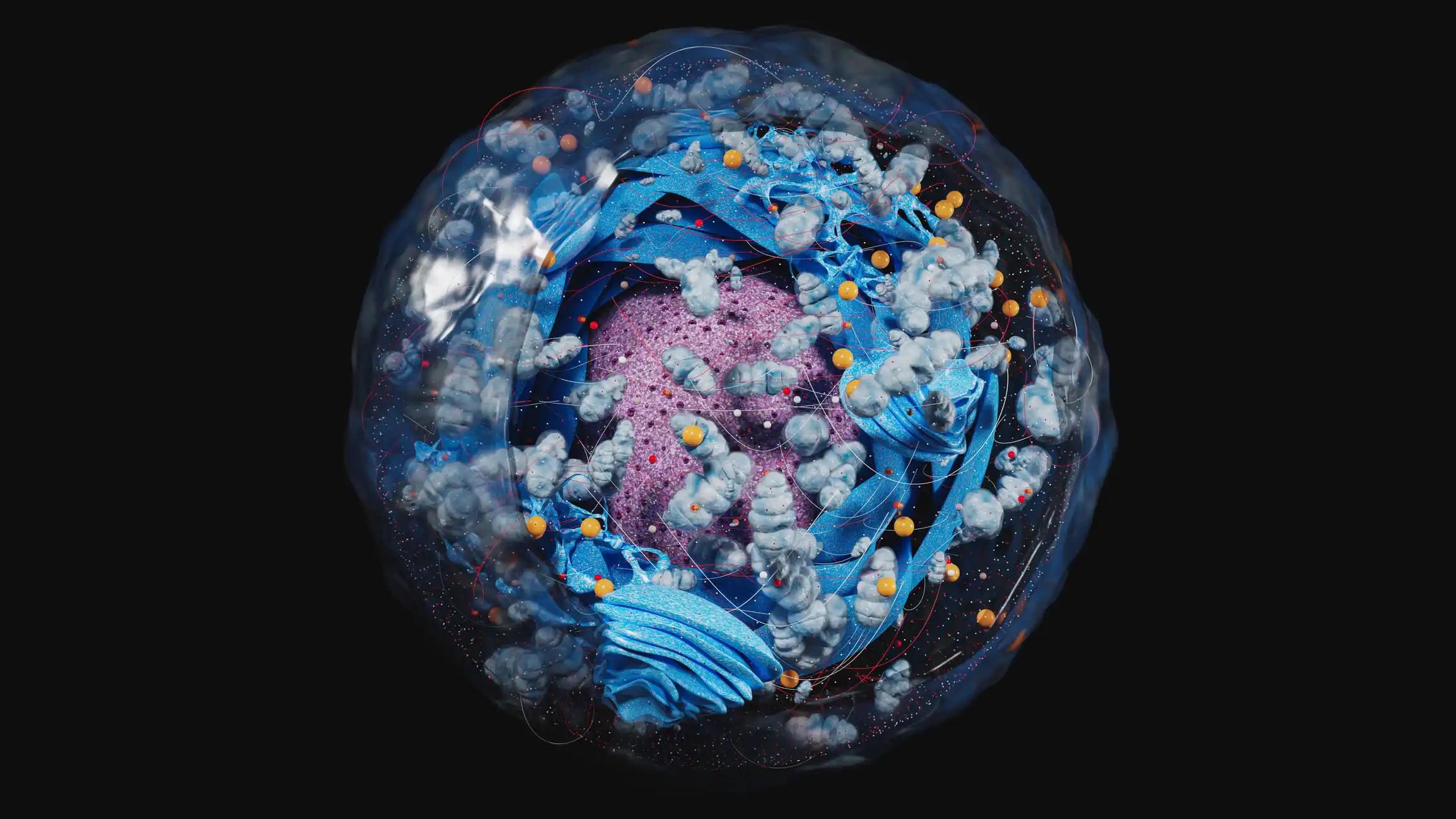KEY TAKEAWAYS
- The phase 1 trial aimed to investigate the synergistic potential of LEN and IBR in MM.
- Researchers noticed promising feasibility and tolerability in the all-oral combination of LEN and IBR for RR MM. Additional information will be provided later.
Preclinical studies have indicated potential synergism between lenalidomide (LEN) and ibrutinib (IBR) in multiple myeloma (MM), both acting on the downregulation of IRF4, a crucial transcriptional factor governing myeloma cell survival.
A prior Phase 1/2 study demonstrated the tolerability and efficacy of single-agent oral IBR in combination with dexamethasone for advanced, steroid-refractory relapsed MM patients (pts), showcasing durable stabilization and minimal response in the majority of evaluable cases (Richardson PG et al, BJH 2018). LEN, recognized as a standard of care in newly diagnosed MM and relapsed disease, is a backbone in the oral therapy paradigm for MM treatment (Laubach JP et al, Leukemia 2016).
Yvonne Adeduni Efebera and her team aimed to assess the feasibility and tolerability of the all-oral combination of LEN and IBR in relapsed/refractory MM.
They performed an inclusive analysis through a 3+3 phase I trial to ascertain the maximum tolerated dose (MTD) of IBR when combined with LEN and dexamethasone (DEX) in pts with relapsed/refractory multiple myeloma (RRMM), each having undergone a minimum of 2 prior lines of therapy.
The trial included 3 planned dose levels (DL), utilizing a 28-day cycle length. IBR was orally administered at 560mg on DL1-2 and 840mg on DL3, LEN at 15mg on DL1 and 25mg on DL2-3, and dexamethasone at 40 mg (age < 75) and 20 mg (age ≥75) on days 1, 8, 15, and 22 for DL1-3. Patients with a GFR ≥ 30 and < 60 were treated with LEN at 10mg/d as per the manufacturer’s instructions.
Dose-limiting toxicities (DLT) criteria included specific adverse events, necessitating careful monitoring. Eligibility criteria were modified during the study to allow enrollment of pts with RRMM who had at least one prior line of therapy. Response evaluation was conducted using IMWG/Uniform Criteria.
About 14 pts (DL1-6 pts; DL2-3 pts; DL3-5 pts) were enrolled in the study from March 2019 to May 2023, with enrollment closing due to slow accrual. 1 patient on DL3 withdrew due to disease progression before starting treatment. Of the 13 remaining pts, 2 on DL3 were excluded from determining the MTD due to discontinuing cycle 1 treatment because of COVID, receiving 280 mg/day of IBR instead of the assigned 840 mg/day dose during cycle 1. Twelve pts were evaluable for response, reflecting a heavily pretreated relapsed and refractory population with a median of prior lines of therapy 3 (range: 2-9).
Results indicated that one of the 6 pts on DL1 experienced dose-limiting toxicity (DLT), specifically grade 3 non-viral hepatitis. No DLTs were observed in the 3 pts on DL2 or the 2 pts on DL3. 1 patient on DL1 continued treatment with stable disease for 42+ cycles. The median number of cycles administered was 3 (range: 1-42+).
Severe toxicities reported included grade 3 lymphocytopenia (3), anemia (2), alanine aminotransferase increase (1), aspartate aminotransferase increase (1), blood bilirubin increase (1), hypocalcemia (1), hypokalemia (1), hypophosphatemia (1), febrile neutropenia (1), chronic kidney disease (1), non-viral hepatitis (1), soft tissue infection (1), and fatigue (1); grade 4 lymphocytopenia (1); and grade 5 sepsis (1).
End-of-treatment reasons included disease progression (7), toxicity (2), death (soft tissue infection leading to sepsis, likely related to DEX) (1), and concomitant conditions (2). Stable disease (SD) or better was achieved in 10 of 12 evaluable pts (83%), with 1 patient maintaining disease control for over 3.5 years. On DL3, 1 patient (8%) achieved a complete response (CR) but discontinued treatment after 2 cycles due to reversible toxicity and comorbid conditions, based on physician advice and patient choice.
The study concluded that the all-oral combination of LEN with IBR in RRMM is feasible and generally well-tolerated. Disease progression was the primary reason for discontinuation in this Phase I trial, with no COVID-related mortality observed. 83% of pts achieved stable disease or better, including 1 CR.
Future directions may explore combination strategies involving next-generation immunomodulatory drugs like pomalidomide and investigation into orally bioavailable novel agents with potent immune-activating properties, such as CelMoDs.
The study is sponsored by Alliance Foundation Trials, LLC.
Source: https://ash.confex.com/ash/2023/webprogram/Paper187296.html
Clinical Trial: https://clinicaltrials.gov/study/NCT03702725
Efebera Y A, Suman V J, Dinner S N, et al. (2023). “Ibrutinib in Combination with Revlimid/Dexamethasone (Rd) in Relapsed/Refractory Multiple Myeloma (AFT-15)” Presented at ASH 2023 (Abstract 3340).



